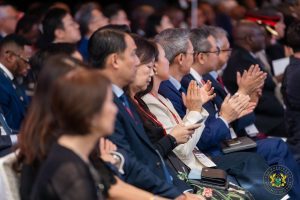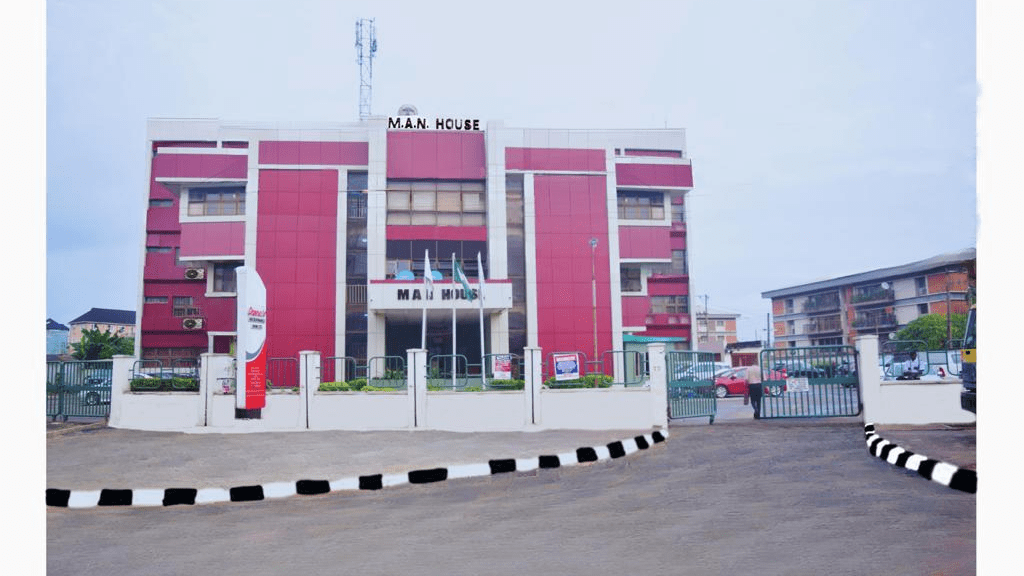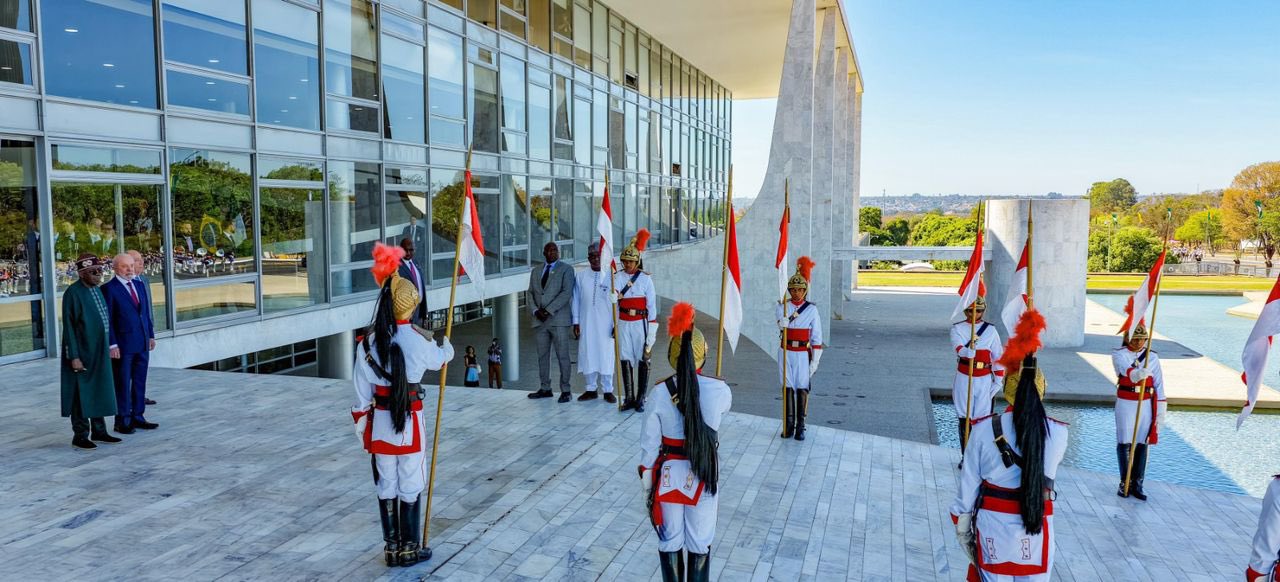Source: graphiconline
Ghana will no longer grant a mining lease for 30 years to any mining company, Martin Kwaku Ayisi, the Chief Executive Officer (CEO) of the Minerals Commission, Martin Ayisi, has stated.
To that effect, a process is underway to amend the existing mining law to peg the upper limit for any mining lease in the country at 15 years.
Ayisi said the move aligned with the government’s policy meant to increase local ownership and control of the mining sector.
He made this known in a presentation at a roundtable organised by the Institute of Economic Affairs (IEA) in Accra.
“This does not mean all mining companies will get 15 years. The 30-year mining lease regime in the country is not helping us at all, and we cannot continue to keep it in our laws,” he said.
Justifying the move, Ayisi stated that the granting of 30-year leases was no longer common across the world and could not be retained in Ghana.
For instance, he said African countries such as Kenya, Burkina Faso, Cote d’Ivoire and Mali had leases between 15 and 25 years.
Present at the forum were a former Chief Justice and member of the Council of State, Sophia Akuffo; a former Chief Executive Officer (CEO) of the Minerals Commission, Benjamin Aryee; Advisor to the Minister of Lands and Natural Resources, Professor Jerry S. Y. Kuma; a Senior Fellow of the IEA, Eric Oduro Osae; and other stalwarts in the mining sector.
The Minerals Commission CEO said the new approach to issuing mining leases was part of measures being taken to build a robust mining sector capable of delivering prosperity to the country in a sustainable manner.
Ayisi added that the commission arrived at that decision after a thorough engagement with almost all key stakeholders, including 15 Regional Houses of Chiefs, the Ghana Chamber of
Mines, the Forestry Commission, civil society organisations (CSOs), and other experts.
Regarding the timelines for the new paradigm, he said all stakeholder engagements would be wrapped up by the end of August this year, and the document submitted to the Minister of Lands and Natural Resources by September this year.
“We hope that by October this year, a new mining policy will be announced. In case of the amendments to the law, once the Minister receives the review report, he will submit it to the Cabinet, and it will go to Parliament.
“We hope that by the end of this year, we will have both the new mining policy and law,” he said.
Mining activities have been taking place in the country since 1897. Currently, there are 13 large-scale mining companies in the country, with the government having an automatic 10 per cent stake, known as carried interest, in those companies.
The major developments in the mining sector include the emergence of new mines, redevelopment activities, and the expansion of existing mines.
The existing mining law – Minerals and Mining Act, 2006 (Act 703), has not seen a major review in almost 20 years. The Minerals and Mining Policy of the country, which came into existence in 2014, has not been revised since, although a revision is required every five years.
The ongoing engagements by the Minerals Commission are expected to produce a revised mining policy and a new mining law that will ensure that mineral exploitation benefits the country and its citizens.
Ayisi said among the major proposals in the new mining regime was capping prospecting licence, saying it would not be renewed more than twice after the initial term of three years.
“In that case, the total number of years a company can hold a prospecting licence will not be more than nine years, and each renewal may be granted for any period of not more than three years,” he said.
The CEO of the Minerals Commission stated that limiting the number of renewals after the initial term to two terms was in line with international practice.
Again, Ayisi said the initiative would help to prevent the abuses that characterised the current indefinite duration in Act 703.
The Minerals Commission CEO added that other proposals in the new law included the abolition of development agreements by mining companies; the removal of stability clauses in mining agreements; and the inclusion of community development agreements in all mining leases.
Touching on the community development agreements (CDA), he said the amended law had a new provision for holders of a mining lease to sign an agreement with the communities that would be impacted by their mining operations within six months after the granting of the mining lease.
The provision is significant because, currently, community development initiatives are voluntary, and mining companies are not under any obligation to implement them.
Ayisi said the development was worrying because expenditures made under the various corporate social responsibilities carried out by companies were treated as costs to their operations and were tax-deductible, which means they deducted those cost items from their gross profits before applying the tax to the remaining amount.
“This provision seeks to formalise it to put Ghana at par with other countries,” he said.
Regarding stability regimes, the Minerals Commission CEO said the new approach was to reduce the upper limit of the stability period of 15 years to any period not exceeding five years to cover the capital recovery period for the investment.
He said the stability period should not exceed five years because “the whole idea of stability has to do with risks, in particular project finance.”
“Most mining projects are financed by either debt or equity, and the financiers always require the assurance that the loan will be paid.
“The government, on the other hand, can alter the fiscal regime at any time, and this potentially can affect the project economics,” he said.
Ayisi said a five-year duration was recommended because most mining projects typically had a payback or capital recovery period average between two and five years.
On the abolition of development agreements, he said, the arrangements had outlived their usefulness, especially in the Ghanaian context.
He stressed that with its strong mining history, Ghana could not be compared and placed on the same footing as emerging jurisdictions or countries that did not have a strong mining history.
The post No mining lease will exceed 15 years – Law reforms underway appeared first on The Herald ghana.




